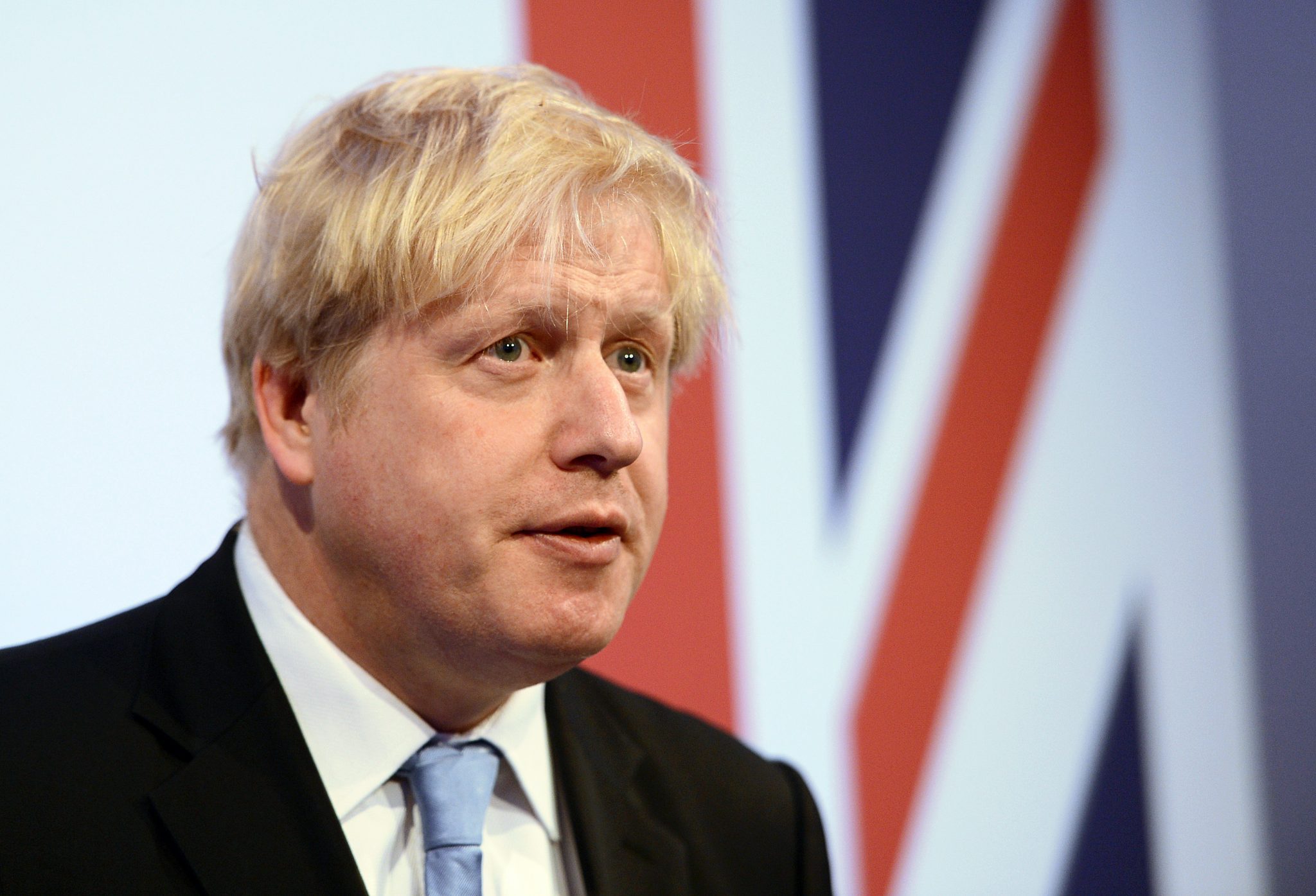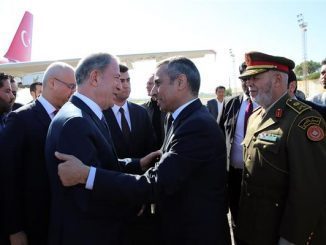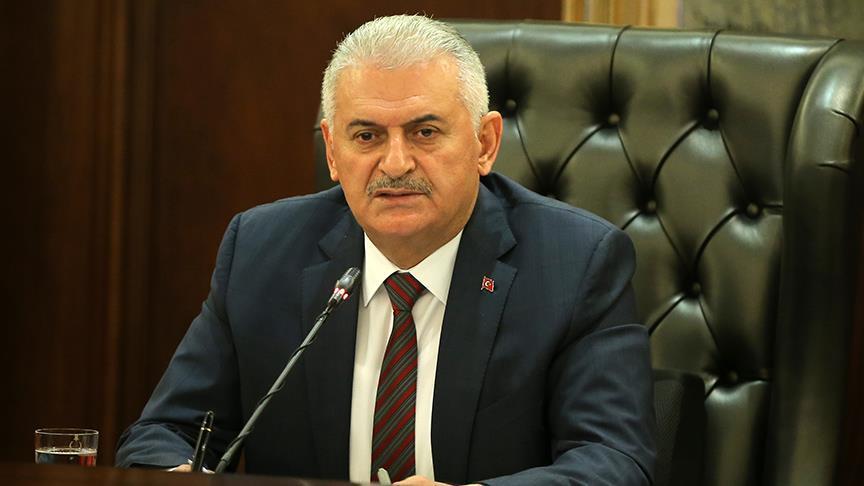
By: MERVE ŞEBNEM ORUÇ*
EU Minister Ömer Çelik’s words on how to normalize the freezing relations between Turkey and the EU provides a solution, saying, ‘It is better talking to each other than talking about each other.’
It was a week after the European Parliament (EP) voted in favor of temporarily freezing Turkey’s accession talks, and EU Affairs Minister and Chief Negotiator Ömer Çelik paid a visit to Brussels on Nov. 29-30. But his meetings were not just with European commissioners this time. He also gave a start to a series of civil society meetings, the first three of which were in Brussels, and the next ones will be held in various European capitals in the coming weeks. EU Minister Çelik attended the openings of meetings between representatives from the Turkish media, business and academic communities, and their Belgium-based counterparts, and then left the room for the participants’ discussions.
The meetings were planned weeks before the EP’s decision, and they were not one-of-its-kind civil society dialogue initiatives. Right after Turkey-EU accession talks started in October 2005, a number of projects were initiated to strengthen civil society dialogue between Turkish non-governmental organizations (NGOs), universities and media organizations and the EU. However the dialogues in question have been weakened in the last three years while Turkey-EU relations have come to a crossroads day by day, even though Turkey-EU talks have continued on the governmental level.
Many in the West may argue that it was probably because of President Recep Tayyip Erdoğan’s deep socio-political drives that put the Turkish bid for the EU on the back burner; but it’s not true. In the past until 2013, the Gülenists who established a parallel state in Turkey’s state apparatus, were controlling highly important civil society initiatives, especially international ones. The leader of the outlawed Gülenist Terror Group (FETÖ), Fetullah Gülen’s way to control the state was passing through controlling civil society organizations and leaders in order to control the civil voice. The Gülenists’ extraordinary focus on media outlets, think-tanks and NGOs as well as education centers, establishing a huge network of university preparation classes and private dormitories, were helping them control society.
By not giving a chance to the others who were not in the Gülenist network, not only the civil society dialogues between the EU and Turkey but such initiatives almost everywhere in the world were in their hands. Turkish journalists and academics who were approved by them, the NGO representatives who were on good terms with them, or the businessmen who were financially supporting them were in the leading roles conducting dialogues under their close watch. In that way, they were able to veil what they do in Turkey, such as mass detentions and trials, long-term imprisonments in Turkey, including the ones targeting numerous journalists. While doing so, their discourse was usually “struggling with the Kemalists’ deep state” or “facing with Turkey’s dark past” or “fighting against potential coup plotters” although the trials and investigation in question were seriously violating human rights and the rule of law. Since the parallel state structure reached its the peak of strength between 2005 and 2013, they were controlling almost every narrative except Erdoğan’s and Europe was ready to buy what they sold.
Actually, FETÖ has been defined by a worldwide network of schools, universities, dialogue centers and private organizations, yet little was known about the inner workings of the structure; which should have raised the question of how the movement became the most powerful Islamic organization in Turkey, and one of the most powerful in the world. The Gülenists were often clean-shaven and English-speaking individuals with a plastic smile on their faces, all common idiosyncrasies that have made the Europeans think, “Those are different from the other Muslims. We like them.”
When the Gülenists’ parallel state structure became apparent in 2013, and Turkey initiated a struggle with them, Turkey’s dialogues with the outside world conducted by them were seriously harmed. The Gülenists changed their sides and roles, and suddenly turned from self-assigned voluntary ambassadors of Turkey into fierce and extreme anti-propagandists against Turkey. But Turkey couldn’t immediately fill the vacuum they left behind over the critical civil society positions. Unfortunately the attempts to fill the void were weak and insufficient.
The July 15 coup attempt was the last straw for Turkey. Not even one Gülenist who has worked against Turkey was going to be overlooked nor was Turkey going to keep calm and silent against the West’s sauciness as most of the Western politicians, leaders and important figures forgot to show their solidary with Turkey after the bloody coup attempt.
The EU’s preconceived opinion with regards to Turkey is not something new; in addition to that, after the bridges constructed by the civil society dialogues were burnt due to the Gülenists’ turning their coat, the deterioration of the EU-Turkey relations accelerated. For this reason, the series of civil society meetings initiated by the EU Ministry is late but crucially important. It doesn’t mean that the chances are high for healing regarding the dialogue, especially after European societies have become excessively anti-Turkey, and Turkish people’s approval for accession to the EU has dropped under 30 percent. But it is better talking to each other than talking about each other, as EU Minister Ömer Çelik says.
*Merve Şebnem Oruç is a Turkish journalist and columnist.
(Published in Yeni Şafak Turkish newspaper on Saturday, Dec. 3, 2016)



